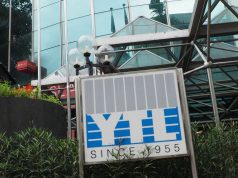(Singapore, Sep 25, 2023) — Singapore’s core inflation moderated to 3.4% on a year-on-year basis in August, down from 3.8% in July, as announced today by the Monetary Authority of Singapore and the Ministry of Trade and Industry.
On a month-on-month (m-o-m) basis, core CPI rose by 0.1% in August, mainly driven by higher costs of food and services.
“This reflected lower inflation for services, food, and retail, as well as other goods,” stated the joint announcement.
Core inflation excludes accommodation and private transport costs. It had reached 5.5% in January and February this year, marking a 14-year high before gradually easing in the subsequent months.

The statement also noted that global supply chain frictions have largely eased, and food commodity prices remain below year-ago levels. Consumer price inflation in Singapore’s major trading partners has also been on a gradual moderating trend. As a result, the prices of Singapore’s imported goods have continued to decline year-on-year, notwithstanding increases in oil prices since July.
On the domestic front, unit labor costs are expected to rise further in the near term, albeit at a slower pace. Businesses are likely to continue passing on higher labor costs to consumer prices, albeit more gradually amid the slowdown in domestic economic activity.
Taking into account all factors, MAS Core Inflation is expected to further moderate over the next few months as imported costs remain low compared to year-ago levels and the current tightness in the domestic labor market eases.
Meanwhile, private transport inflation is expected to pick up in the near term due to sustained strong demand for cars. Accommodation inflation should continue to moderate over the course of the year, given the increase in the supply of housing units available for rental.
“For 2023 as a whole, headline and core inflation are projected to average 4.5%–5.5% and 3.5%–4.5%, respectively.”
Excluding the transitory effects of the 1%-point increase in the GST to 8%, headline and core inflation are expected to come in at 3.5%–4.5% and 2.5%–3.5%, respectively. Upside risks remain, including potential fresh shocks to global energy and food commodity prices and a more persistent-than-expected tightness in the domestic labor market. Simultaneously, there are also downside risks, such as a sharper-than-projected slowdown in the global economy, which could induce a greater easing of inflationary pressures.





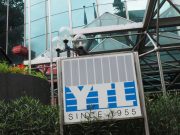


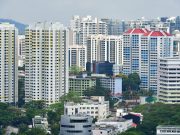
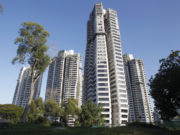







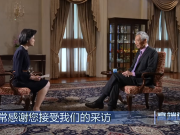




-3_1-180x135.jpg)


















